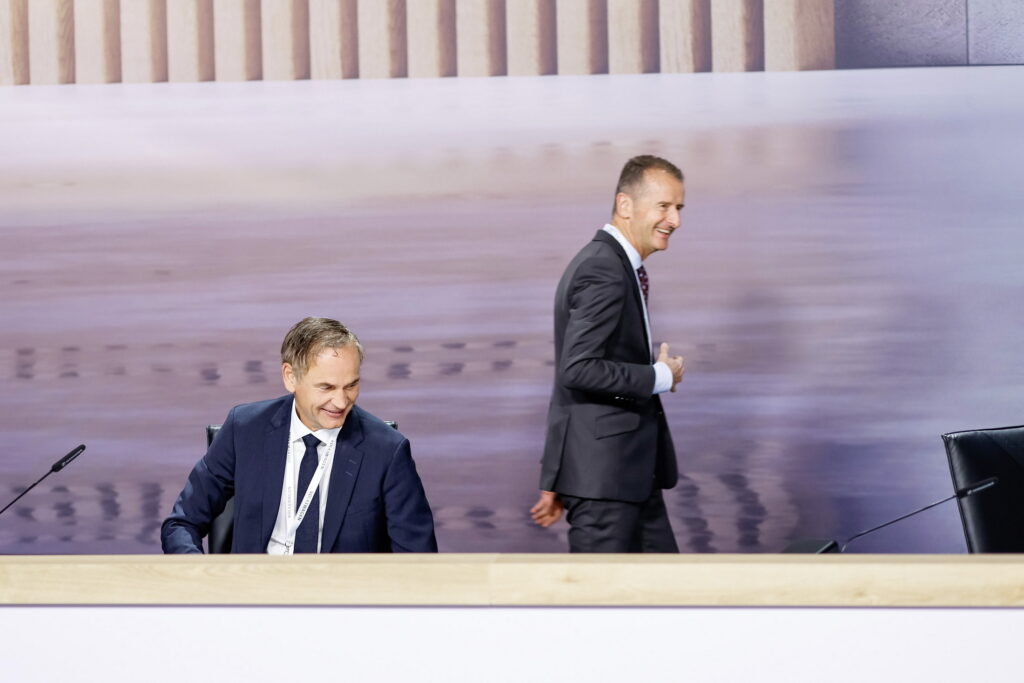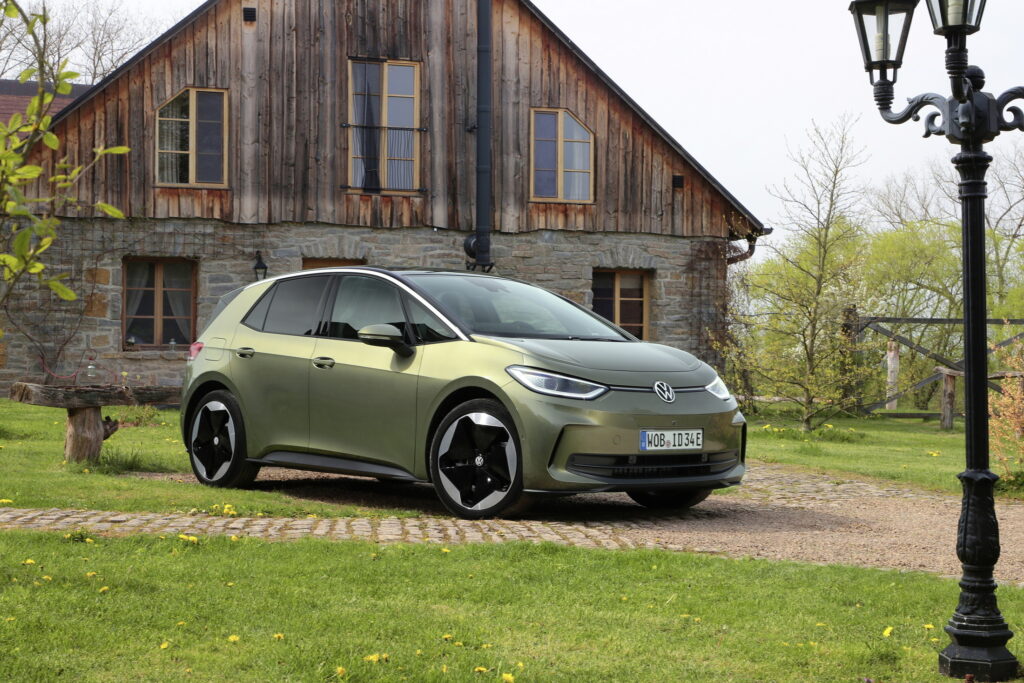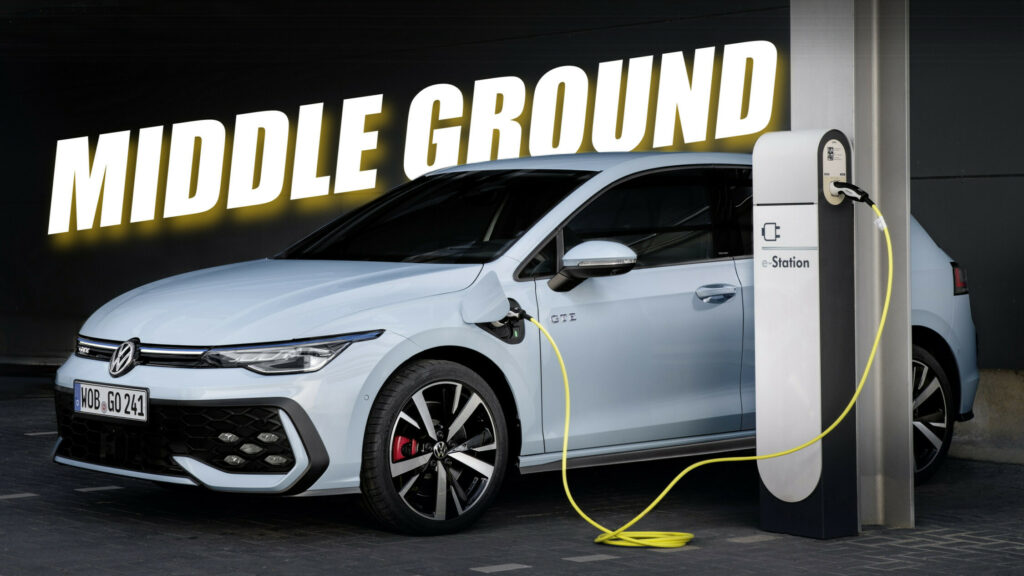- Volkswagen’s CEO says the brand will increase its investment in plug-in hybrids to meet consumer tastes.
- The automaker follows brands like Mercedes, GM, and Ford, which have all committed to offering more PHEVs as growth in the EV segment slows.
- The move is a surprising one from the automaker that committed to going all-electric in the wake of the Dieselgate scandal.
In the wake of the TDI emissions scandal, Volkswagen handed over control of the brand and the empire to Herbert Diess, a German executive who is friends with Elon Musk, saw electric vehicles as the future of the industry, and believed that an engineless future could fix the German automaker’s sullied image. But now, Diess is out, and his replacements are reconsidering the strategy.
Volkswagen recently became the latest automaker to quietly walk back its bold EV commitments, following Ford, GM, and Mercedes. The brand now plans to expand its range of plug-in hybrid vehicles, as growth in the electric vehicle segment slows.
Read: Mercedes Axes Large, Next-Gen EV Platform As Buyers Cool On Electric Cars
Customers “want plug-in hybrids now, including in China and the US,” Thomas Schaefer, the new head of the VW brand, told Bloomberg. The automaker has also recently backed away from plans to build a €2 billion (around US$2.2 billion at current exchange rates) EV factory in Germany, and has stopped looking for outside investors for its battery subsidiary — though it is still committed to building gigafactories in Spain and Canada.
Despite Diess’s ambitious electrification plans, the automaker is on track to surpass European emissions targets next year, prompting the new head of the Volkswagen empire, Oliver Blume, to ask the EU to ease regulations.

It’s all a surprising turnaround for a brand that boldly claimed that electric vehicles had “won the race” in 2021, and which boasted about its early mover advantage. But the automaker arguably took on too many projects under Diess’s leadership.
In addition to creating two new platforms exclusively for electric vehicles and creating a battery subsidiary, the automaker also tried to create the software for its vehicles, which led to problems for buyers, and has delayed the launch of new Porsche and Audi EVs.
While the automaker might be reconsidering its all or nothing EV bet, it hasn’t given up on the technology completely. Volkswagen is still looking for European partners to create a cheap compact battery-powered vehicle, and it’s also working with Xpeng to claw back market share in China, whose consumers have abandoned foreign automakers in favor of domestic brands.





